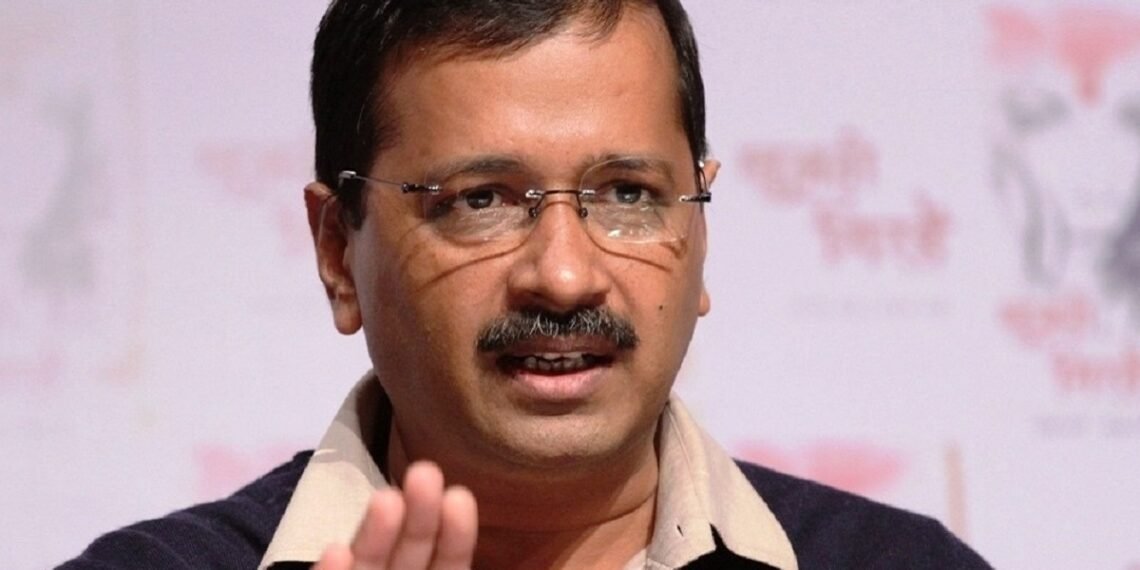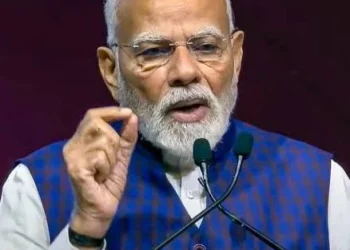The Aam Aadmi Party (AAP) is rewriting the political playbook as it tackles anti-incumbency head-on. With a renewed focus on delivering people-centric governance, the party is spotlighting achievements in education, healthcare, and infrastructure to remind voters of its commitment to transformative change. AAP is also engaging directly with citizens through listening tours and town halls to address concerns and refine its policies
By PC Bureau
After two consecutive victories in Delhi, the Aam Aadmi Party (AAP) is facing the challenge of voter fatigue and anti-incumbency as it gears up for the upcoming assembly elections. Acknowledging the uphill task, the party has crafted a multi-pronged strategy to maintain its dominance in the capital, combining organizational restructuring, fresh candidate selection, and a high-energy campaign led by party supremo Arvind Kejriwal.
AAP is taking proactive steps to gauge the mood of the electorate through independent surveys and direct feedback mechanisms. Recognizing the potential drawbacks of a decade-long incumbency, the party is fielding new faces to rejuvenate its image.
“Despite the good work we’ve done, some amount of anti-incumbency sets in after ten years. We need to address that by fielding fresh faces and engaging our sitting MLAs in organizational work,” said a senior AAP leader:
The decision to drop sitting MLAs has already sparked internal tensions, with fears of defections to rival parties like the BJP. The party, however, remains optimistic that most MLAs will remain committed to AAP’s vision and support the new candidates.
AAP’s efforts to rebuild its image come amid allegations of corruption, including the arrest of senior leaders and Kejriwal’s involvement in the alleged liquor scam. The outgoing Chief Minister has also faced criticism for the construction of a luxurious office-cum-residence, further complicating the party’s battle for public trust.
Despite these challenges, AAP is focusing on its governance track record, including key initiatives in education, healthcare, and infrastructure development, to counter the narrative.
In an effort to connect with voters at the grassroots level, Arvind Kejriwal has launched an extensive door-to-door campaign. The campaign aims to directly address public concerns, counter allegations, and reinforce AAP’s commitment to serving the people. Kejriwal has been meeting residents, listening to grievances, and reiterating his government’s achievements, from free water and electricity schemes to quality public schools and clinics.
Kejriwal’s personal outreach is part of a broader attempt to humanize the party and mitigate the impact of negative publicity. “The idea is to bridge the gap between the government and the people, ensuring they feel heard and valued,” said a party insider.
Candidate Selection and Defections
The AAP released its first list of 11 candidates on November 21, replacing three sitting MLAs — Gulab Singh (Matiala), Abdul Rehman (Seelampur), and Rituraj Jha (Kirari) — with leaders who have switched from Congress and BJP. Two other MLAs, Ram Niwas Goel (Shahdara) and Dilip Kumar Pandey (Timarpur), opted out of the elections voluntarily.
This echoes AAP’s approach in the last assembly elections, where it dropped 16 sitting MLAs. Despite the defections and internal rebellions that followed, AAP managed to secure a landslide victory, winning 62 of Delhi’s 70 assembly seats.
Prospects and Challenges
AAP’s strategy to combat anti-incumbency will be tested in the weeks ahead. While fresh candidates and direct voter engagement may boost its chances, the party must also contend with defections, allegations of corruption, and opposition attacks.














